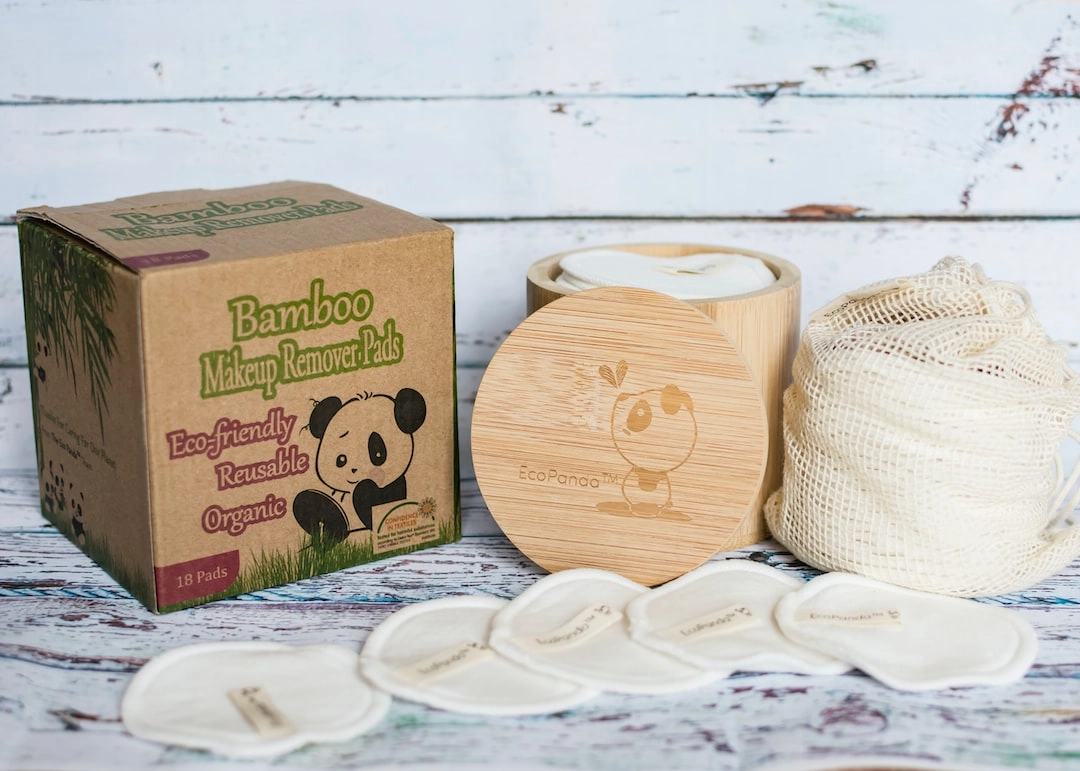
What it is:
Exploring Eco-Friendly Musical Instruments is a fascinating topic that delves into the intersection of music and sustainability. It involves the study and promotion of musical instruments that are designed and manufactured using eco-friendly materials and processes. These instruments aim to minimize their impact on the environment, reduce carbon footprint, and promote sustainability in the music industry.
Eco-friendly musical instruments can encompass a wide range of instruments such as acoustic and electric guitars, drums, pianos, flutes, and more. They are crafted using sustainable materials like reclaimed wood, bamboo, or even recycled plastics. Additionally, the production process of these instruments often involves eco-conscious practices, such as utilizing renewable energy sources, implementing waste reduction strategies, and adhering to ethical manufacturing practices.
By exploring eco-friendly musical instruments, we not only create awareness about sustainable alternatives but also support the development and adoption of more environmentally friendly practices in the music industry as a whole.
Real-World Problems:
Although the music industry brings joy and entertainment to countless people worldwide, it is not without its environmental challenges. The production, distribution, and use of musical instruments can have significant environmental impacts, including:
1. Resource Depletion: Traditional musical instruments often require the harvesting of timber from old-growth forests, contributing to deforestation and habitat destruction.
2. Energy Consumption: The manufacturing processes of musical instruments, especially electric ones, consume substantial amounts of energy, mainly derived from non-renewable sources.
3. Chemical Pollution: Some conventional musical instruments feature finishes, adhesives, and varnishes that contain harmful chemicals, which can be released into the environment during production or disposed of improperly.
4. Waste Generation: The music industry generates a considerable amount of waste, including instrument components, packaging materials, and discarded strings. These often end up in landfills, contributing to pollution and resource waste.
By addressing these real-world problems and highlighting eco-friendly alternatives, we can strive to reduce the environmental impact of the music industry and promote more sustainable practices throughout the entire lifecycle of musical instruments.

Solutions for Eco-Friendly Musical Instruments:
Addressing the environmental challenges associated with musical instruments requires a collective effort from manufacturers, musicians, and consumers. Here are some solutions to promote eco-friendly practices in the production and use of musical instruments:
1. Sustainable Materials:
Manufacturers can shift towards using sustainable materials like reclaimed wood, bamboo, or recycled plastics in instrument production. This reduces the reliance on newly harvested timber and promotes the use of renewable and recycled resources.
2. Energy Efficiency:
Manufacturers can prioritize energy-efficient production processes, utilizing renewable energy sources whenever possible. This helps reduce carbon emissions and minimize the environmental impact of instrument manufacturing.
3. Non-Toxic Finishes and Adhesives:
Replacing toxic finishes, adhesives, and varnishes with eco-friendly alternatives ensures that harmful chemicals are not released into the environment during the production or disposal of musical instruments.
4. Waste Reduction and Recycling:
Implementing waste reduction strategies throughout the lifecycle of musical instruments can significantly reduce the amount of waste generated. This includes using sustainable packaging materials, encouraging instrument repair and refurbishment, and facilitating the recycling of instrument components.
5. Education and Awareness:
Raising awareness among musicians, consumers, and industry professionals about the importance of eco-friendly musical instruments is crucial. Education programs, workshops, and campaigns can promote the adoption of sustainable practices and encourage individuals to make environmentally conscious choices.
By implementing these solutions and supporting the development and use of eco-friendly musical instruments, we can contribute to a more sustainable and environmentally responsible music industry.















